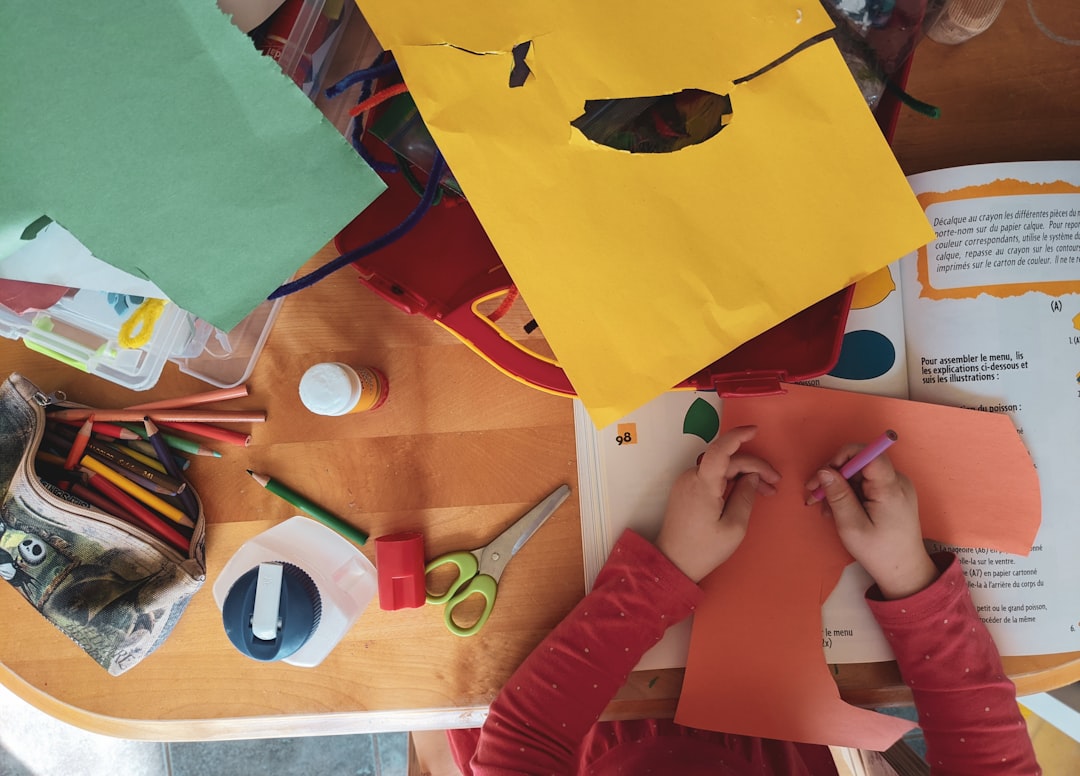Recent Publications
Aravind, A., Sanchez, K., & Syrett, K. (To appear). When and why parts count: Linking categorization and counting of partial objects [preprint]. Language Learning and Development.
Gotowski, M., & Aravind, A. (2025). No referential bias in children’s interpretation of ‘it’ and ‘there’. Language Acquisition.
Patel, P., Syrett, K., & Aravind, A. (2025). Using the lower bound set by the universal modal to investigate the status of partial objects and count nouns. Proceedings of ELM 3.
Brody, G., Feiman, R., & Aravind, A. (2024). Why do children think words are mutually exclusive?. Psychological Science.
New, K., Patel, P., & Aravind, A. (2024). How Toddlers Answer Multiple wh-Questions. Proceedings of BUCLD 48.
Aravind, A., Hackl, M. & Fox, D. (2023). Principles of presupposition in development. Linguistics and Philosophy.
Aravind, A. & Koring, L. (2023). Experiencer troubles: A reappraisal of the predicate-based asymmetry in child passives. Language Acquisition.
Staniszewski, F., Stacey, R., & Aravind, A. (2023). Overly Strong Interpretations of Modal Verbs In Child Language. Proceedings of BUCLD 47.
Chen, S., Torma, C. & Aravind, A. (2022). Non-uniformities in the Development of Presupposition Projection in If-Conditionals. Proceedings of BUCLD 46.
Syrett, K., & Aravind, A. (2022). Context sensitivity and the semantics of count nouns in the evaluation of partial objects by children and adults. Journal of Child Language.
Torma, C., Brody, G. & Aravind, A. (2021). More than the sum of its parts: Acquiring semantically complex quantifiers. Proceedings of the Annual Meeting of the Cognitive Science Society.
Rasin, R., & Aravind, A. (2020). The Nature of the Semantic Stimulus: The Acquisition of Every as a Case Study. Natural Language Semantics.
Aravind, A., de Villiers, J., Pace, A., Valentine, H., Golinkoff, R., Hirsch-Pasek, K., Iglesias, A., & Wilson, M. (2018). Fast mapping word meanings across trials: young children forget all but their first guess. Cognition.
